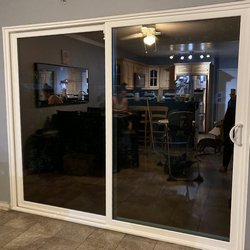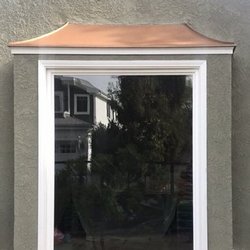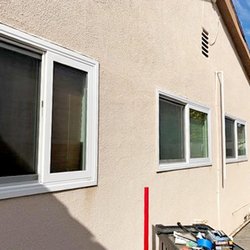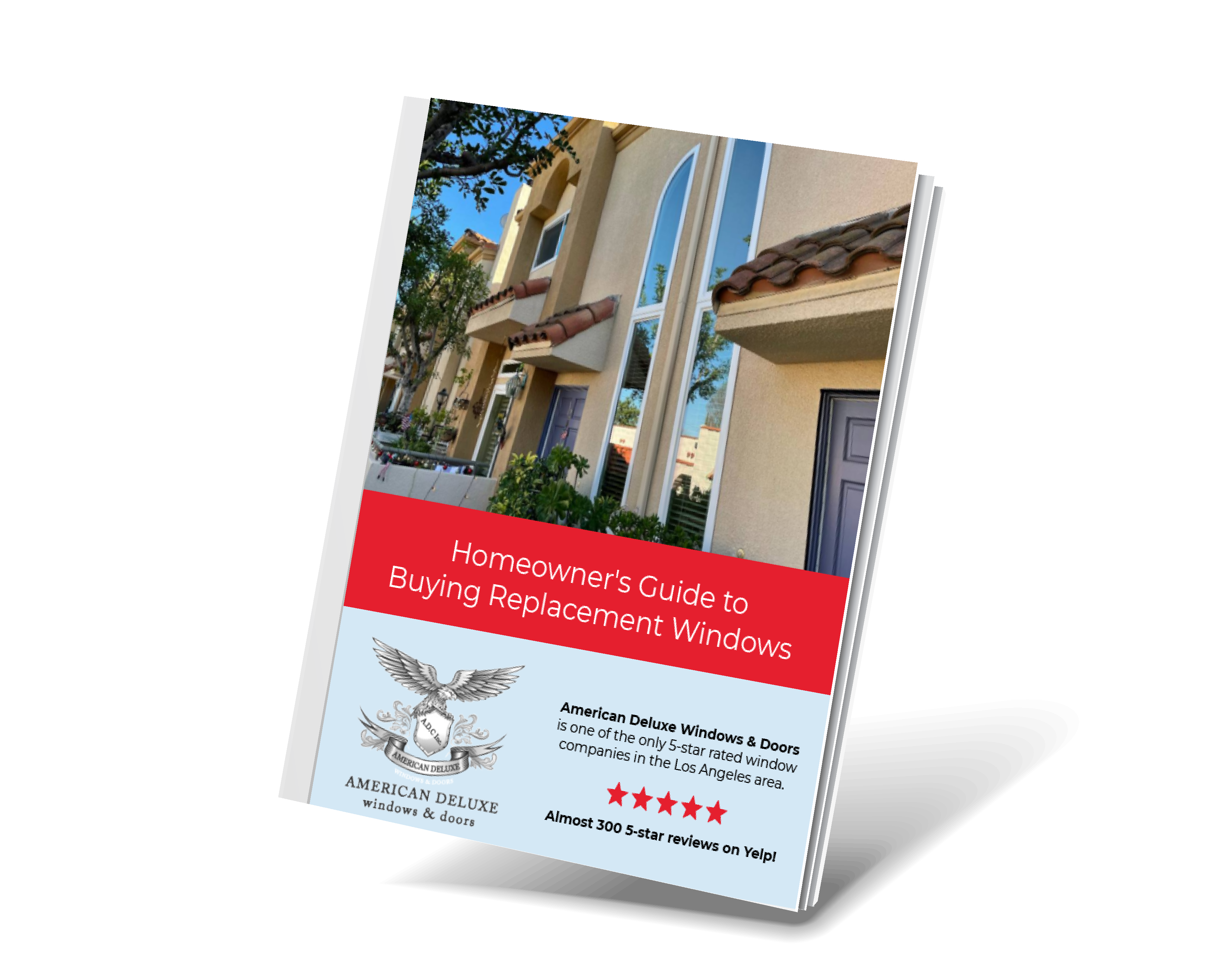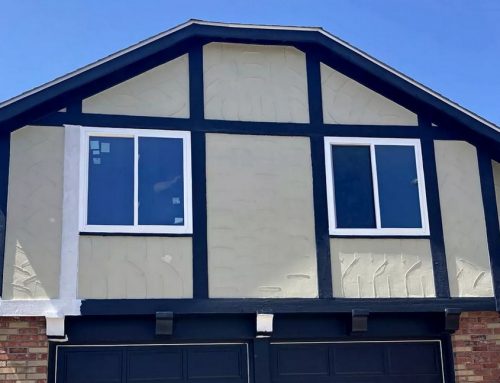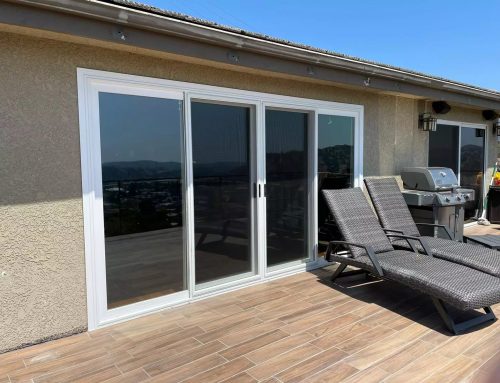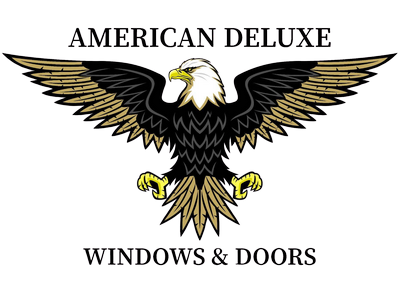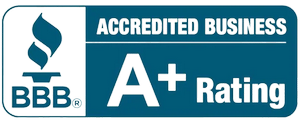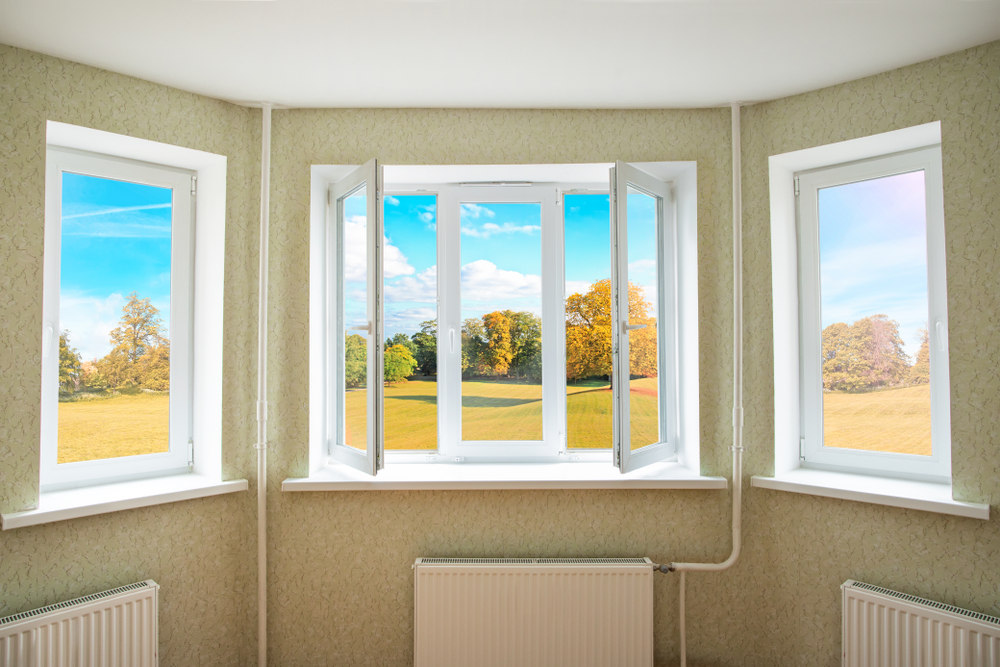
When striving to enhance your home’s energy efficiency, windows are frequently a disregarded aspect. However, it’s important to note that energy-efficient windows can substantially decrease your energy expenses, lower your environmental impact, and enhance the comfort and atmosphere within your living area. In this blog, we’ll walk you through the critical factors to consider when choosing the most energy-efficient windows for your home. We’ll define important terms, provide energy-saving tips, and empower you to decide on a greener and more comfortable living space.
Understanding Key Terms
Before we dive into the details, let’s define some key terms related to energy-efficient windows:
- U-Factor: The U-factor measures a window’s ability to prevent heat from escaping. A lower U-factor indicates better insulation and higher energy efficiency.
- Solar Heat Gain Coefficient (SHGC): SHGC quantifies the window’s ability to block solar heat efficiently. A lower SHGC is ideal for hot climates, while a higher SHGC can benefit colder regions.
- Visible Transmittance (VT): VT measures how much visible light passes through a window. Higher VT values mean more natural light, reducing the need for artificial lighting during the day.
- Air Leakage: This term refers to the air that can pass through gaps and joints in a window. Less air leakage means better insulation and energy efficiency.
- Low-E Coating: Low-emissivity coatings are thin metal or metal oxide layers applied to window glass. They reduce heat transfer and UV rays while allowing visible light to pass through.
Choosing Energy-Efficient Windows
Now that we’ve defined these crucial terms let’s explore how to choose energy-efficient windows for your home:
- Insulation: Opt for windows with low U-factor ratings, indicating excellent insulation. Look for double-pane windows with gas-filled spaces between the panes to enhance insulation further.
- Climate Consideration: Choose windows with the correct SHGC value for your climate. In colder climates, select windows with a lower SHGC to minimize heat gain, while in hotter areas, opt for a higher SHGC to allow more natural light without excessive heat.
- Frame Material: The material of your window frames also affects energy efficiency. Vinyl is famous for energy-efficient windows.
- Low-E Coatings: Windows with Low-E coatings help control heat transfer and UV rays while maintaining a clear view. Look for windows with various Low-E coating options to match your climate needs.
Energy-Saving Tips
Beyond choosing the right windows, here are some additional energy-saving tips for homeowners:
- Seal Leaks: Regularly inspect and seal any gaps or cracks around your windows to prevent drafts and air leakage.
- Window Coverings:Employ window treatments like blinds, curtains, or shades to manage heat gain or loss at different times of the day.
- Maintenance: Keep your windows clean and perform routine maintenance to ensure they function optimally.
Financing in energy-efficient windows is a wise decision that benefits your financial well-being and the environment. By understanding critical terms like U-Factor, SHGC, and Low-E coatings, you can make informed decisions when choosing the most energy-efficient windows for your home. Don’t forget to consider your climate and frame materials as well.
If you’re ready to make your home more energy-efficient, contact window installation and replacement experts, the American Deluxe Windows and Doors. We can help you choose the right windows for your needs and ensure a professional installation, enhancing your home’s energy efficiency and comfort. Contact American Deluxe Windows and Doors today at (818) 696-6757 to embark on your journey toward a greener, more energy-efficient home.


